A task force is to be launched this week by the European Commission to discuss delivering a “joined up” European response to Russia’s ban on EU food imports.
Senior agricultural experts from all EU member states will meet on Thursday (14 August) to analyse the potential impact of the ban and how the EU should react, agriculture and rural development commissioner Dacian Ciolos has announced.
A 12-month embargo on the import into Russia of beef, pork, fruits and vegetables, poultry, fish, cheese, milk and dairy products from the EU, US, Australia, Canada and Norway was confirmed by Russian prime minister Dmitry Medvedev on 7 August.
UK food exports to Russia currently represent less than 1% of the UK’s total £12.4bn world exports [Food and Drink Federation]. However, the ban is expected to have an effect on the European cheese and butter sector, with Russia a key export destination, and this could have a negative effect on the UK dairy market in the short term if producers are forced to drop prices. Fears have also been raised about the impact on UK fish suppliers – who ship £17m of product to Russia.
“I understand the concern expressed in the EU farming sector,” said Ciolos, who added Europe’s “resilient” farm sector would be able to “re-orient rapidly towards new markets and opportunities”.
But he warned support would be needed to help any transition happen smoothly, and on a pan-EU basis. Ciolos added that the Common Agriculture Policy’s “new and modernised tools”, which includes a crisis reserve, could potentially aid affected producers.
The task force would “analyse the potential impacts sector by sector, and assess how we can effectively provide meaningful support if and where this is needed,” he said.
The Russian embargo has come in response to western economic sanctions imposed on Russia over its involvement in the Ukraine.
The only exception to the import ban was for baby food and ingredients intended for baby food. However, Defra has warned exporters it “strongly advised” them to seek and obtain assurances from importers in Russia that the consignment would be allowed entry under this exemption to the ban.



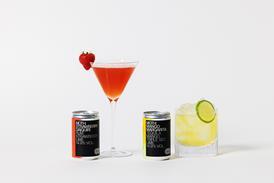



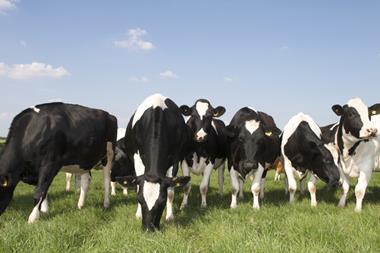
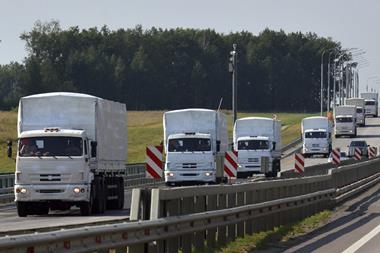
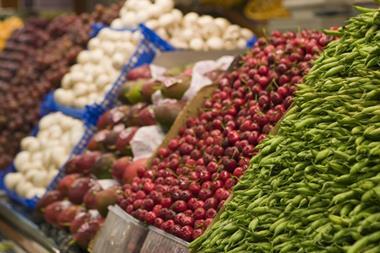
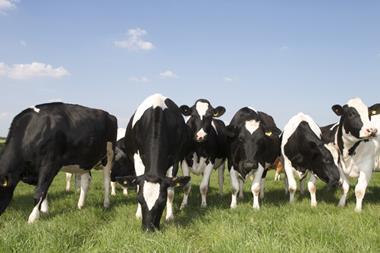
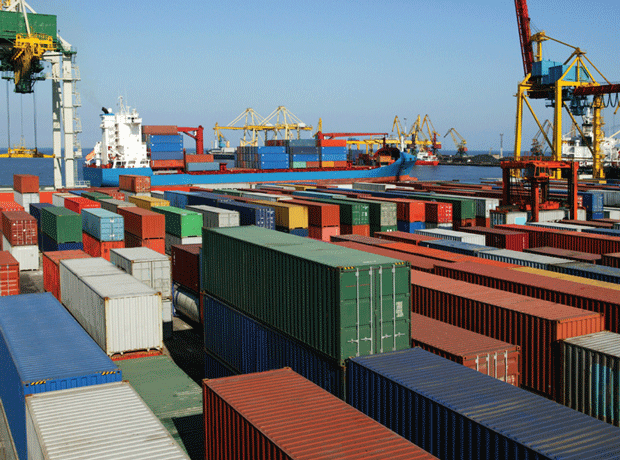


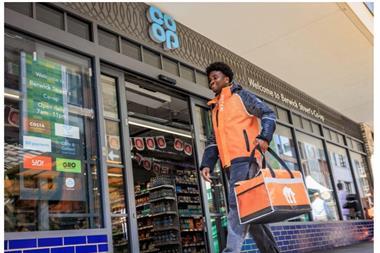
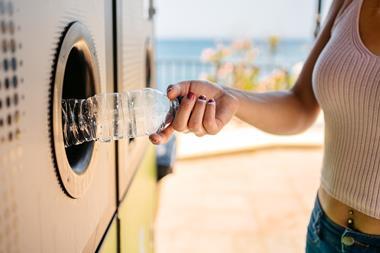

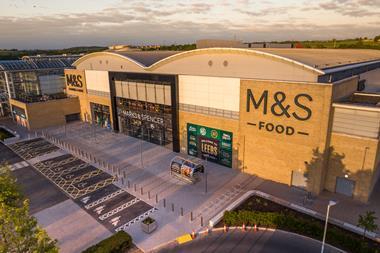
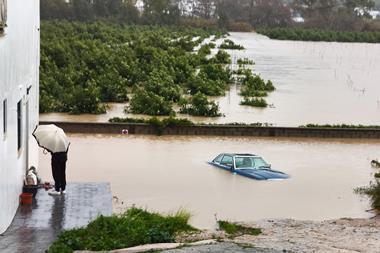
No comments yet